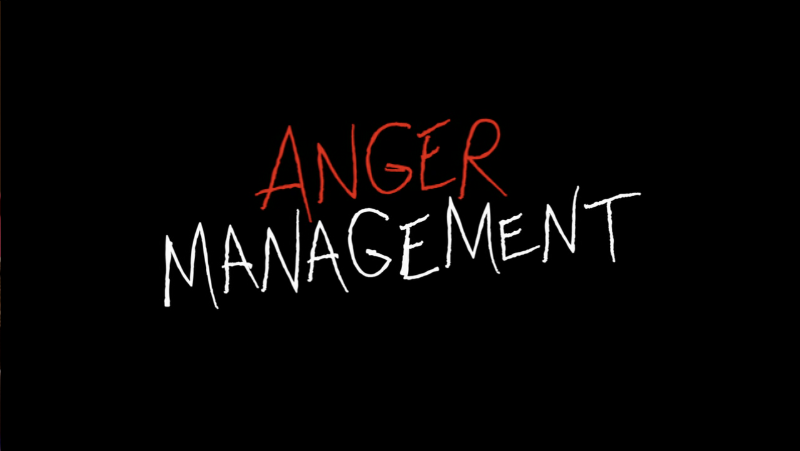You expect me to be the leader of this team. I want to be the best leader I can be, but I can’t do that if you’re chewing me out in front of the team I am supposed to lead. If you are in a leadership role, meetings are a part of your lifestyle. Most of the teams are interdependent where “Team Goals” are aligned with performance of individual team member’s performance. This indicates that each team member is also accountable to each other for working together to achieve common goals, including how they rely on, work with, and make decisions..

I am not sure if you can recall a moment where your manager has scolded you but I am sure you know that it’s quite mortifying to be on the receiving end of public criticism. “Praise in public and criticize in private” is a terrific tenet of business and social protocol. Yet, this astute communication counsel habitually goes overlooked. However most of my friend will agree with this decree on the ground, it isn’t always cool to ensure you’re not among those who criticize someone in public.
“The most powerful thing a leader can do to foster effective collaboration is to create conditions that help members competently manage themselves.” Here’s why criticizing in private undermines your team, and what you can do to build a smarter team starting today.

Leadership isn’t about being contented; it’s about being real, even when you’re uncomfortable. Smart leaders address unsuccessful team member activities in the team setting when it occurs, or when the behavior affects the team. In the team: that’s where the information, solution, and accountability are.
If you want to create a more effective team, you and your direct reports will need to change how you handle accountability. Here’s what you can do, starting today:

- Tell your team you’ve been involuntarily shifting accountability for the team from the team to you. Explain how you see it affecting the team’s results and working relationships. Give some specific examples and ask team members how they see it.
- State that you want a team in which members can openly and constructively give each other feedback in the team.
- Ask your team members what they need to hold each other accountable for how the team is working together.
- Take a few minutes at the end of each meeting to discuss how team members are holding each other accountable and how to improve it.
The Right Approach
Let’s first take a look at the best way to handle a situation where you find it necessary to confront someone or provide feedback. The decision between a public or private conversation should always be made with the receiver in mind. If what you have to say could be perceived by anyone listening as reflecting negatively on the other person, their work, or their reputation, your conversation should be private. The Right Time Next, decide when and where to deliver your message.

With little effort, you’ll be able to pick up if the other person is harboring ill feelings or has been hurt by your conversation. If they are colder than normal or avoiding you, the sooner you reach out to them, the better. Make a point of ensuring that your next interaction with the person is a positive one. Benefits to You Handling disputes and feedback privately shows respect for others and is the right thing to do. Here are three explanations to make the right choice:
- You will command greater respect. The days of using fear to command respect are long gone. When you show others that you are in control of your thoughts and emotions and are capable of rising above the norm, you stand out as someone worthy of respect.
- You will be viewed as more likable. Do you prefer to be around people who are kind and thoughtful, or critical and fault-finding? Most people prefer the former!
- You will benefit from a more positive reputation. How you speak to and about other individuals is a direct reflection on you. When the words others hear coming from you are positive, uplifting remarks, they associate those remarks with you.

Praising in public is equally important. Look for opportunities to make people feel important. When people in your organization come up with great ideas, praise them for it in a company-wide email or at the next company meeting or gathering. The same goes for anytime someone lands a new client, or you receive praise from a client regarding the customer service your staff delivers, or someone reaches a milestone in terms of service to the company or on behalf of a client.
‘Everyone Loves Praise’

Please share your feedback with me
G+:https://plus.google.com/+AnujTripathiI
LinkedIn: https://www.linkedin.com/in/refertoanuj
Twitter: https://twitter.com/refertoAnuj
Article by channel:
Everything you need to know about Digital Transformation
The best articles, news and events direct to your inbox
Read more articles tagged: Featured, Leadership






